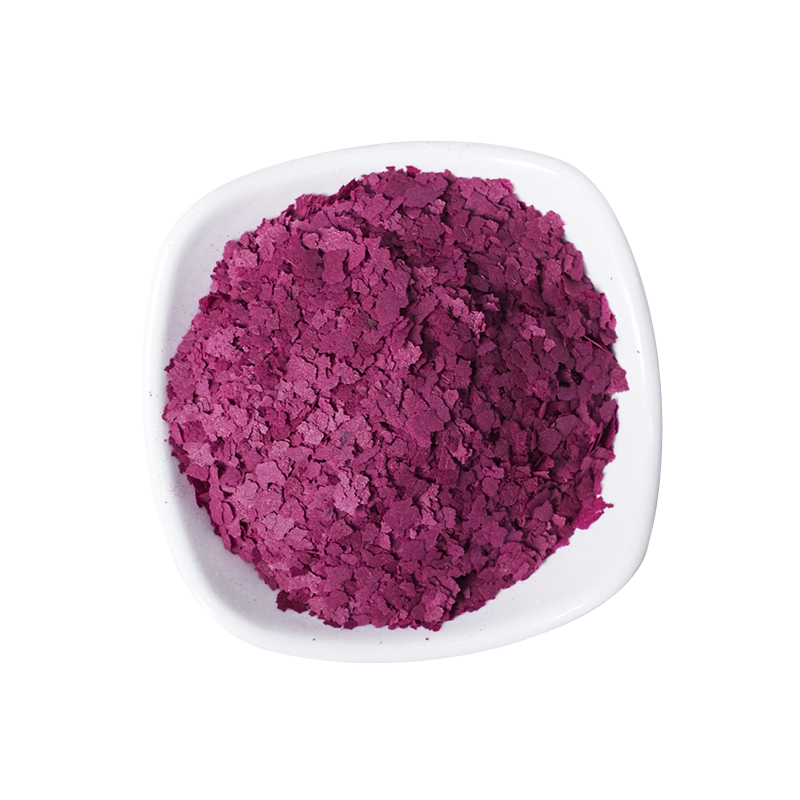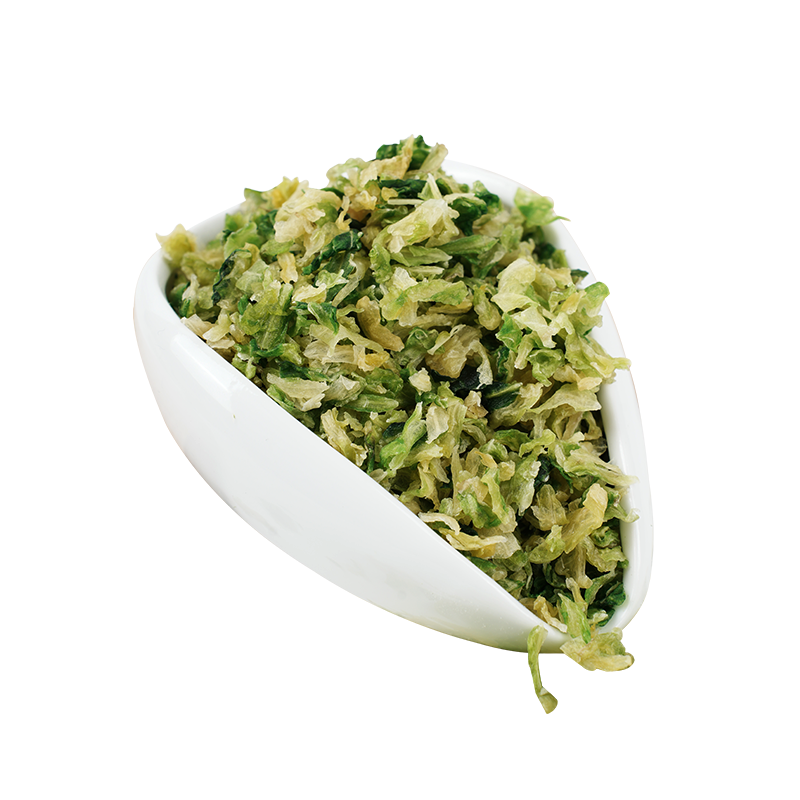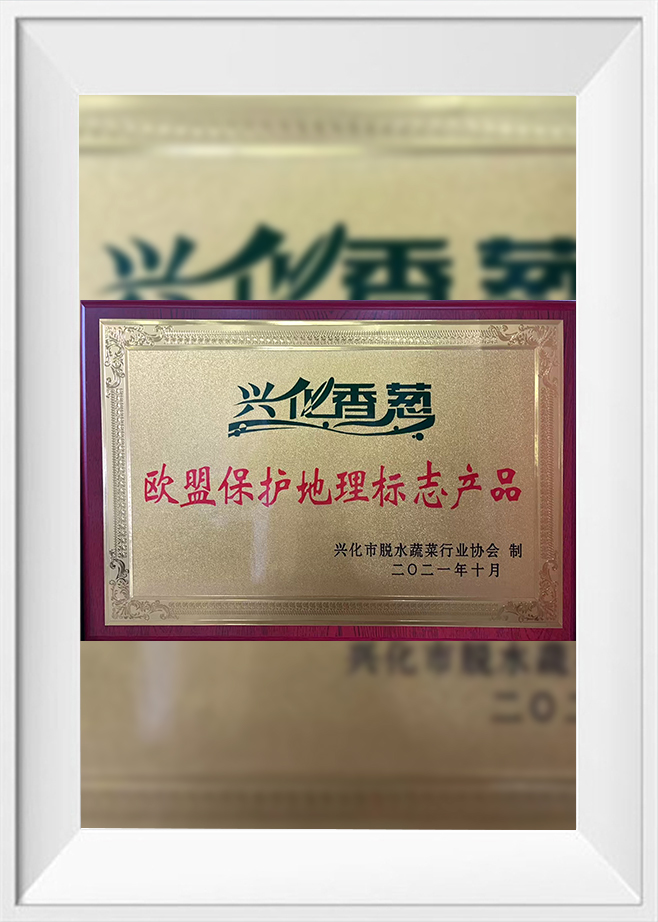Unlocking the Nutritional Power of Dehydrated Vegetables: A Science-Backed Perspective
At Xinghua Vegetable Foods Co., Ltd., we’ve been perfecting the art and science of producing high-quality dehydrated vegetables since 2010. With nearly 20 varieties in our portfolio—ranging from chives and carrots to spinach and celery—we understand how critical it is to balance nutrient retention with flavor and convenience. But what exactly happens to the nutrients during dehydration? And how can you maximize their benefits? Let’s dive into the fascinating world of bioavailability and phytochemical preservation.
Dehydration is more than just removing water; it’s a delicate process that requires precision to ensure the nutritional integrity of vegetables. Take air-drying and freeze-drying, for example. While both methods effectively extend shelf life, they impact nutrient bioavailability differently. Air-drying, which uses controlled heat, is ideal for robust vegetables like carrots and potatoes, as it locks in essential minerals such as potassium and magnesium. On the other hand, freeze-drying—a technique we specialize in at our 10,000-square-meter facility in Xinghua City—preserves heat-sensitive compounds like vitamin C and antioxidants far better. This makes freeze-dried options particularly appealing for health-conscious consumers seeking nutrient-dense ingredients without compromising taste or texture.
But let’s talk about phytochemicals, the unsung heroes of vegetable nutrition. These naturally occurring compounds, including flavonoids, carotenoids, and polyphenols, play a vital role in promoting health by combating oxidative stress and inflammation. The challenge lies in preserving them during processing. For instance, lycopene, a powerful antioxidant found in tomatoes, actually becomes more concentrated and bioavailable when dehydrated. Similarly, anthocyanins in red peppers retain their vibrant hue and health benefits under optimal drying conditions. At Xinghua Vegetable Foods, our team of 30 professional technicians ensures that every batch of dried veggies meets stringent quality standards, maximizing the retention of these valuable compounds.
Of course, no discussion about dehydrated vegetables would be complete without addressing their role in modern diets. Whether you’re whipping up a hearty soup, crafting a seasoning blend, or preparing emergency rations, these lightweight powerhouses offer unmatched convenience. Our diverse product range includes not only classic staples like garlic powder and scallion powder but also innovative blends tailored for specific applications. Imagine creating a clean-label meal with rehydrated spinach and carrots that deliver fiber, vitamins, and minerals—all while maintaining a satisfying crunch or smooth texture. It’s this versatility that has made us a trusted partner for food manufacturers, retailers, and even pet food producers worldwide.
From a sustainability standpoint, dried vegetables are a win-win. By reducing moisture content, we significantly cut down on transportation emissions and storage space. Plus, our state-of-the-art production line allows us to process multiple types and specifications of products efficiently, minimizing waste and maximizing yield. With over 300 dedicated employees—including 10 highly educated professionals—we’re committed to advancing eco-friendly practices while delivering exceptional value to our customers.
Whether you’re a food scientist exploring the bioavailability of nutrients, a chef experimenting with new recipes, or simply someone looking to stock up on long-lasting pantry essentials, dehydrated vegetables are an excellent choice. At Xinghua Vegetable Foods, we take pride in offering premium-quality products backed by years of expertise and innovation. So next time you’re searching for nutrient-packed, shelf-stable ingredients, remember: the secret to unlocking their full potential lies in understanding the science behind them—and we’re here to help you every step of the way.

 English
English 中文简体
中文简体






 Xinqian Village (Dehydrated Fruit and Vegetable Industrial Park), Duotian Street, Xinghua City, Taizhou City, Jiangsu Province, China
Xinqian Village (Dehydrated Fruit and Vegetable Industrial Park), Duotian Street, Xinghua City, Taizhou City, Jiangsu Province, China +86-13852647168
+86-13852647168
